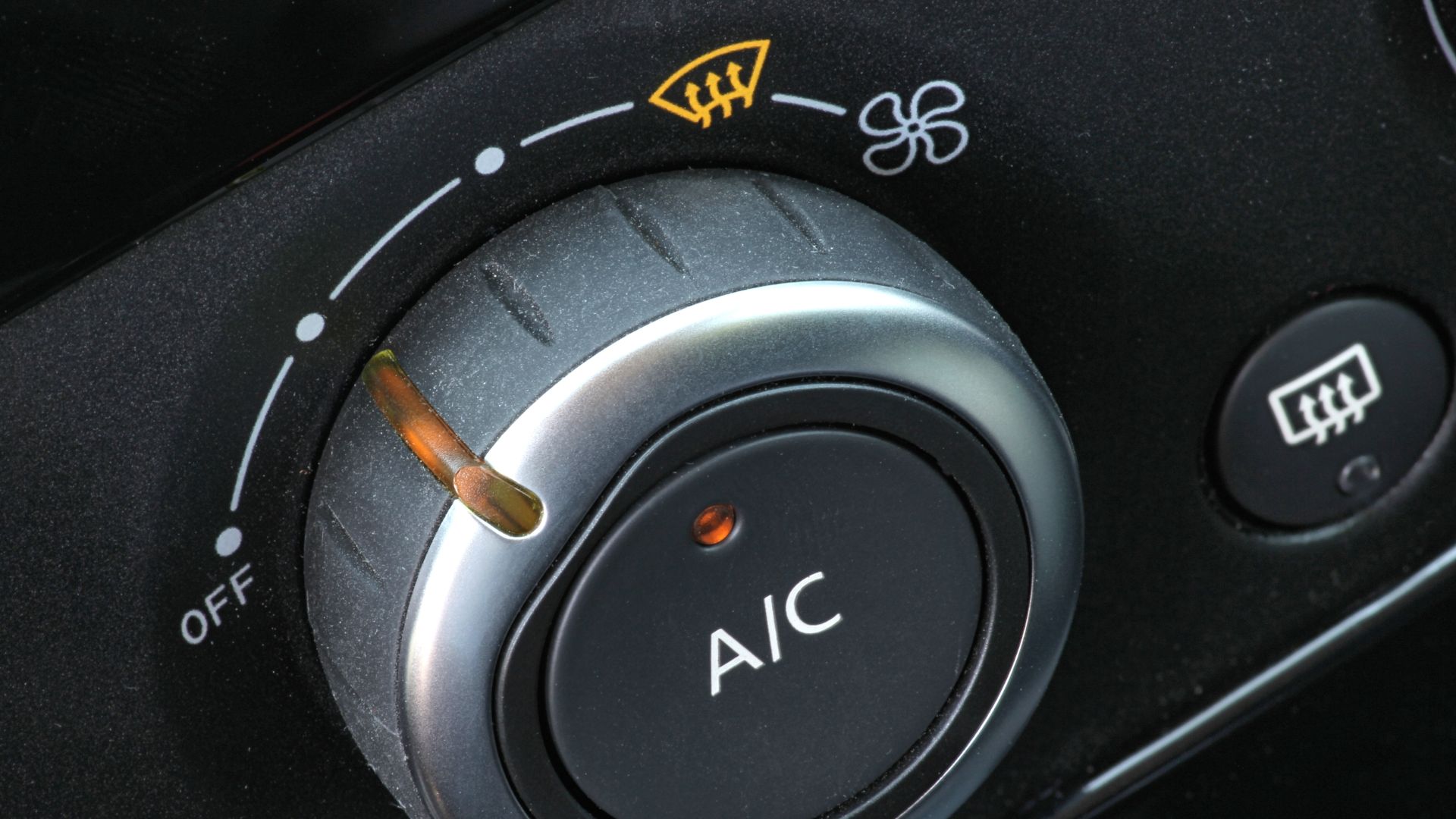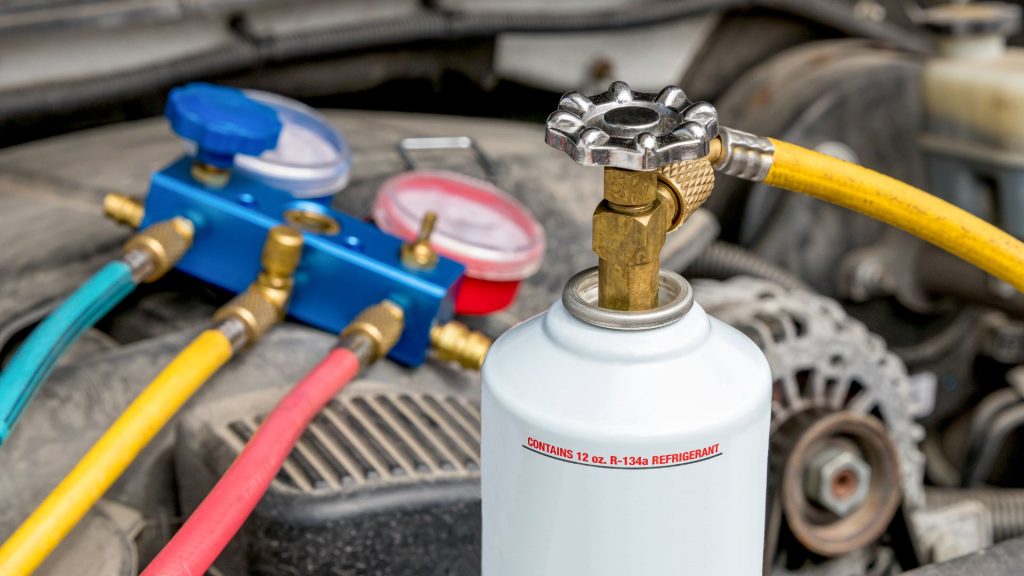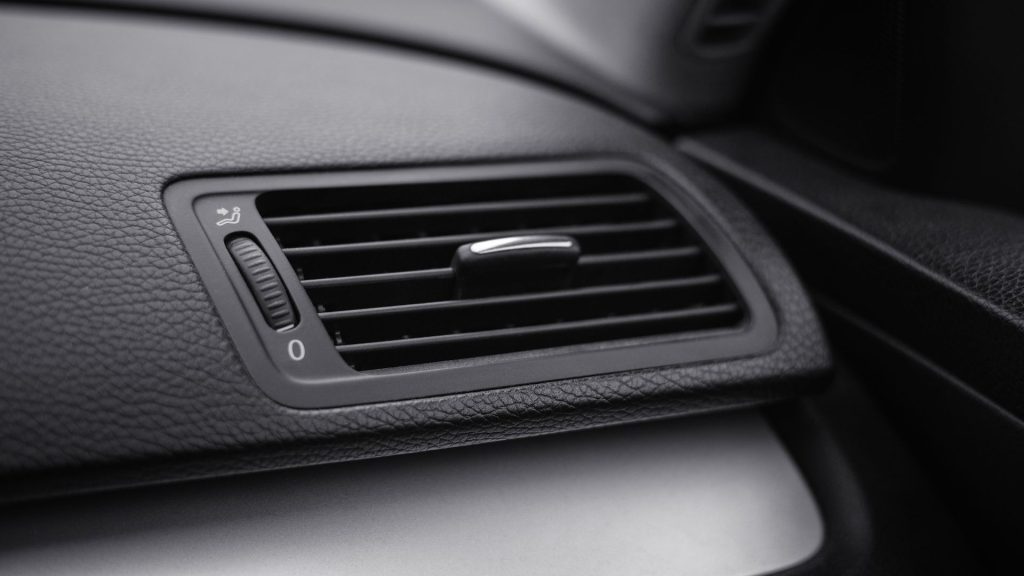Does AC use gas?
Unearth the truth about the fuel usage of AC systems in vehicles.

Many people wonder what gives the air conditioner its famous chill. There have been many speculations ranging from water to special chemical fluids. However, most people think it must be some sort of gas. Hence, the question arises – does ac use gas?
Most air conditioners use high-pressure gas as a refrigerant. With the aid of electricity, this gas is passed from one part of its work process to the other. The result is a withdrawal of heat from the surroundings.
Some ground rules must be followed to ensure an air conditioner works at its best. Before we address that, we will look at how air conditioners work, the type of gas it uses, how much gas it uses, how air conditioners use electricity, and how they affect fuel in a vehicle.
How air conditioners work
To fully understand the role of gas in an air conditioner, we need to know how the air conditioner works.
The work process of air conditioners is pretty straightforward. It involves four steps that occur right after themselves in the order placed below:
Compression
In this step, the gas is compressed into a fluid inside the compressor before the next process begins. The compressor is a vital component of the air conditioning system, so you should have it checked if symptoms of a bad A/C compressor occur to avoid having to replace this expensive component.
Condensation
This step takes place in the condenser. After gas leaves the compressor, it goes directly to the condenser, where heat is removed from the gas.
Accumulation
When gas leaves the condenser, it enters the accumulator. Here, moisture is removed from the gas resulting in an exclusive accumulation of the gas.
Evaporation
This is the last step. The product of the accumulator enters the evaporator where the main job of an AC occurs. As the evaporator takes heat from the air and passed it to the refrigerant/gas, cold air is released out of the evaporator to the surroundings of the ac.
The main function of gas in an air conditioner is as a refrigerant. All through the work process of an air conditioner (given in the steps above), the main ingredient is gas. Without the gas, there would be no cooling effect.
Type of gas air conditioners use

There are two main types of gas air conditioners used. They are the R22 and R410A and are commonly known as Freon and Puron respectively. They are both inflammable gases.
Freon is a household name associated with air conditioners for a long time. What most people do not know is that, since 1990, Freon has been declared harmful to the environment. It is an ozone-depleting substance which makes it a promoter of global warming. As such, measures have been put in place to ensure Freon is not used again in the future. The result of this is the birthing of Puron.
Puron has been in use since 1996 and is proven to be a more environmentally friendly refrigerant. As of January 2020, the manufacturing of Freon in the US stopped. The emergence of more eco-friendly refrigerants made it possible. Puron is now the globally approved refrigerant for air conditioners, other cooling systems, and heat pumps. If your car’s A/C only blows hot air, chances are that you need to refill the freon tank.
Some advantages which Puron has over Freon are:
- It is less toxic.
- It does not corrode refrigerant lines.
- It is more energy efficient.
- Air conditioners with Puron run quieter.
Almost all new models of air conditioners in the market now use Puron as a refrigerant. As Freon is no longer in production, Freon-based air conditioners will be disused. Every air conditioner is to work exclusively with the refrigerant its manufacturers used for it. Hence, you cannot refill an air conditioner that used Freon with Puron. It simply will not work. Those still using Freon as a refrigerant would have to replace their air conditioners altogether.
How much gas does an AC use?
The gas capacity of an air conditioner varies with the capacity of the compressor and the machine using it. An AC’s gas capacity is the amount of gas it would use before needing a refill. A small vehicle requires a gas capacity smaller than that of a luxury vehicle. The reason for this is due to a higher surface area. On an average scale, you can use between 10% to 25% of the gas in your air conditioner in hot weather.
Is AC on gas or electric?
Except for housing air conditioners, they are often a part of a bigger system. A typical example is a vehicle. One thing they all have in common is that they do not operate without electricity.
Electricity is what powers up the air conditioners, making its different parts start their work in cooling the environs.
However, in the presence of electricity and the absence of gas, air conditioners will not work. Without the refrigerant present, the different parts of the air conditioner will technically do nothing. It is safe to say that air conditioners work with both electricity and gas. One without the other renders the device useless and space-consuming.
Does AC take away gas?
Yes, air conditioners take away gas. To actively function, an air conditioner uses gas. Since gas is an active ingredient in air conditioners, it reduces bit by bit till it finishes.
The average time gas lasts in an air conditioning unit is twelve to fifteen years. Anything below this timeframe implies a gas leak. A gas leak can occur for many reasons. Below are some of the most common ones:
Damage to evaporator coil due to corrosion
Corrosion is a serious problem for air conditioners due to their use of metal. Pitting corrosion occurs when the evaporator coils gain exposure to fluorides in water supplies and chloride in detergents. It is best to limit this exposure to ensure your air conditioner has no leakage.
However, if you live in a coastal area, the reason for your corroding evaporator coil would likely be salt from the salt water. Your best defence against this is coating protection against salt.
Faulty installation
Faulty installation of an air conditioner can cause problems for you. Asides from gas leakage, it can make the electrical components in your unit to develop problems.
Inadequate maintenance
Depending on the type of unit, air conditioners have to be serviced at least once every year. Limited maintenance checks and poor servicing increase your chances of having a gas leakage.
Leaky connections and control valves
When the links around the control valves are not cleaned or connected right, gas leakage is unavoidable.
Mechanical faults with refrigerant lines
Refrigerant lines can become damaged over time, especially those made from copper. As a result, gas can leak from cracks from the damage and cause damage to other parts of the air conditioner.
To avoid these problems, it is best to have a good AC technician who can identify problems and give professional solutions.
Do air conditioners affect fuel economy in vehicles?

Yes, air conditioners affect fuel usage. When brand new, this effect is negligible. However, with time and certain practices, it becomes visible. At a certain point, air conditioners alone can use up to 20% of your fuel.
There are a few ways you can improve your fuel economy while using air conditioners.
Turning it off
Keeping your air conditioner off sometimes will save you fuel. You need to identify when you need it and when you do not.
Use flow-through ventilation
Instead of putting more work on your car engine, open the windows and sunroof. Flow-through ventilation is cooling and soothing at the same time. It also will save you a good amount of fuel for your journey.
Use the recirculation function
The recirculation function uses less energy and puts less stress on a car engine. The reason for this lies in its mechanism of action. Instead of bringing warmer air outside to be cooled, the recirculation function cools only the air inside the vehicle.
Use shade
When parking your vehicle, choose a spot with some shade or use window shades. Shades reduce the work on your air conditioner due to heat when the car is turned on. After starting a vehicle, do not put on the air conditioner immediately. Keep the windows open for a while to let the hot air out before turning it on.
Our take
Because air conditioners use gas, you must take great care using it. It can be harmful in the case of a leak. Short exposure to gas leakage from air conditioners can cause skin cracking, increased heart rates, tremors, convulsions, and other health problems. Long exposure can lead to skin cancer, cataracts, and shortness of breath, among others.
On this note, it is important to carry out maintenance on your air conditioners from time to time. Also, having the right AC technician will save you money and stress.